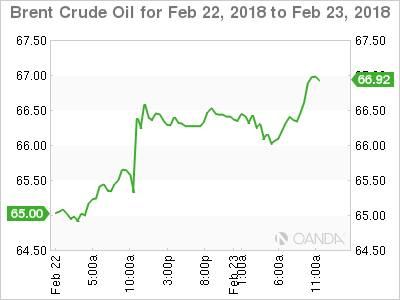The Guangzhou Futures Exchange (GFEX) just hosted its inaugural “Supporting Green and Innovative Transformation” (助绿向新) industry base symposium, a move I’ve been anticipating, and frankly, it’s about time. Twelve key industry players and seven designated futures companies attended – a solid turnout signaling genuine interest.

What’s really catching my eye here isn’t just the meeting itself, but the potential ripples it could create. Several listed lithium battery giants on hand emphasized that this industry base mechanism will empower leaders to champion futures usage.
Let’s break down why this matters. Futures contracts aren’t just abstract financial instruments; they’re risk management tools. For volatile industries like lithium, they’re essential.
Industry leaders can use these tools to stabilize pricing and ensure predictable costs.
The exchange plans to facilitate knowledge sharing, showcasing successful implementations. This is more than just talk – it’s about practical application and scaling winning strategies.
Knowledge Point Expansion:
Futures contracts are agreements to buy or sell an asset at a predetermined price on a specified future date. They mitigate price fluctuations.
For burgeoning industries like new energy, volatility is inherent. Futures provide a hedge against price swings in core materials like lithium.
GFEX’s approach differs by creating dedicated “industry bases,” fostering direct collaboration between producers and futures firms.
This localized model allows for tailored solutions addressing unique industry needs. It’s about making futures accessible and relevant.
Essentially, the GFEX is attempting to build a deeper, more practical relationship between China’s futures market and its industrial base – and that’s a very bullish sign for the market’s future and industrial advancements.






